Creating a Car's Individuality
- HOME
- Creating a Car's Individuality
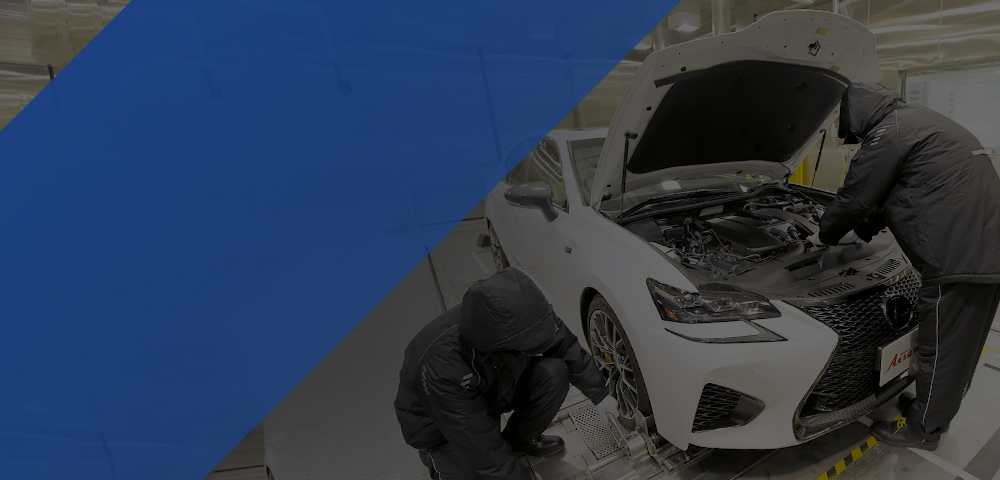
Products 03
Engine calibration
Engine calibration is a technology that harmonizes automobile functions by optimizing fuel injection amount, air amount, ignition timing, etc. For example, in order to gain a soft start and smooth acceleration depending on the amount of force pressed down the accelerator, consider the effects that the engine has on the motor and vice versa, control them while achieving environmental performance, and pursue a comfortable ride. These are also roles of conformity. Using fully equipped facilities, we will repeat driving experiments and data analysis, search for a combination of numbers that fulfill users' needs, and create the "identity" of cars.
List of engine calibration tests
-
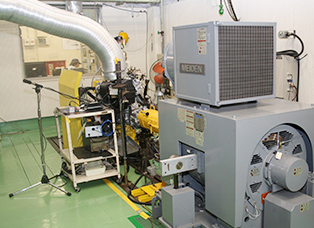
- Performance tests
- We have test benches that can handle various kinds of fuels such as LPG and CNG as well as gasoline. We are conducting calibration and evaluation in order to bring out the maximum performance of engines in every possible condition.
-
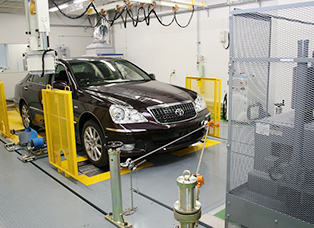
- Exhaust gas / fuel efficiency test
- We are conducting evaluation tests that correspond to laws and regulations regarding gas exhaust in countries and regions around the world.
-
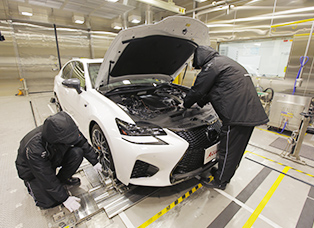
- Startability test
- We mainly evaluate startability by using chassis dynamometers that can run in high and low temperature environment (-35 °C to 50 °C).
-
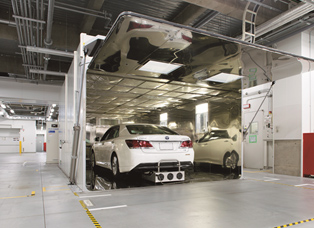
- Fuel evaporative emissions measuremeant test
- We are conducting tests that correspond to regulations regarding fuel evaporative emissions in countries and regions around the world.
-
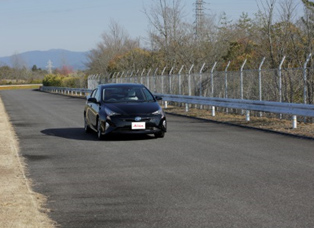
- Driving test
- We are performing evaluation tests for driving performance and comfortability in the proving ground attached to the Toyota Plant.
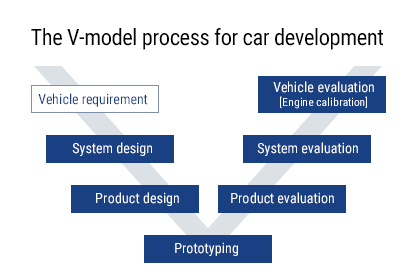
calibration is an essential part of vehicle development
The technology of our engine calibration plays a part in development processes from product/system development to vehicle evaluation.


